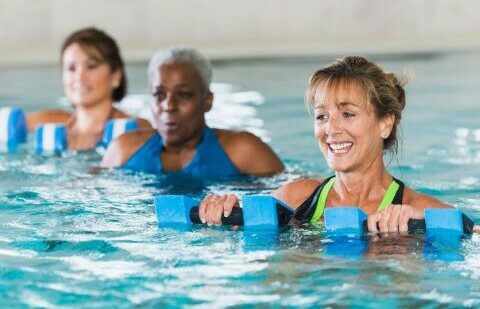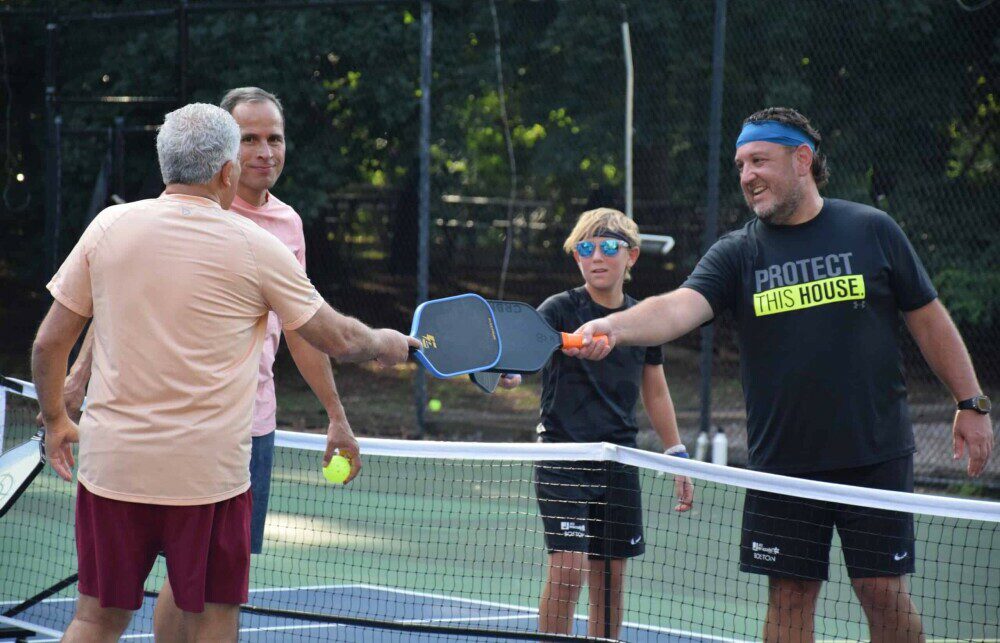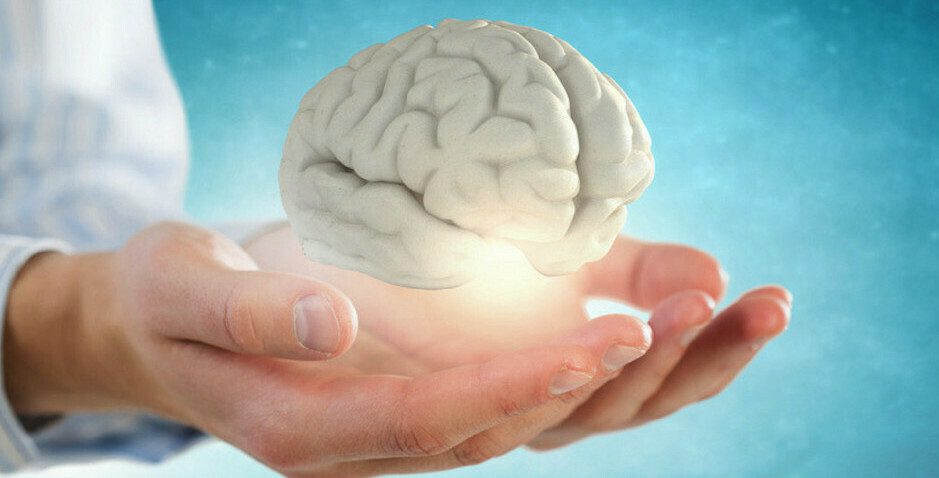Introduction to Cognitive Health in Older Adults
Cognition encompasses the brain’s mental processes, involving the creation of thoughts, acquisition of knowledge, and their application to new and different experiences, ultimately enabling us to perceive and make sense of the world.
As we age, it’s normal to experience some memory loss, decreased mental sharpness, and slower cognitive processing, but not to the point it significantly interferes with daily activities. Indeed, if you begin to notice that you are forgetting almost routine things more often or that you are unable to complete tasks that were once second nature to you, it is time to see a doctor. Other signs that you may be experiencing dementia include increased difficulty with communicating or forgetting where you are or how you got there.
Cognitive decline, often termed subjective cognitive decline, manifests when an individual’s capacity to utilize these mental faculties diminishes. This decline can lead to frequent confusion or memory lapses. According to Alzheimer’s Disease International, over 55 million individuals globally live with dementia, affecting around 9.9% of those aged 75–84 and 29.3% of those aged 85 and older. While not everyone experiences cognitive decline as they age, for some, it serves as an early indicator of conditions like Alzheimer’s disease and other forms of dementia.
Although genetics contribute to some extent, natural aging processes also play a role, while various aspects of physical health can significantly influence cognition over time. For instance, hearing or vision loss disconnects individuals from their surroundings, reducing their ability to gather information and adapt to new situations. Studies indicate that midlife hearing loss doubles the risk of developing dementia compared to any other single factor.
How Our Brains Age
As we age, our brains change in many ways. Detailed below are some of the more significant change we face as we age.
Structural Changes: As individuals age, the brain undergoes structural changes characterized by the loss of brain volume, particularly in regions associated with memory and cognitive function, such as the hippocampus and prefrontal cortex. This process actually begins in our late 30’s and 40’s, but accelerates as we enter late adulthood and hit 60 years of age.
Neurochemical Changes: Aging also involves changes in neurotransmitter levels, impacting communication between neurons and affecting cognitive processes like attention, memory, and learning.
Neural Network Efficiency: The efficiency of neural networks declines with age due to factors like decreased myelination and synaptic dysfunction, leading to slower processing speed and reduction in cognitive flexibility.
Risk of Dementia: Lastly, as the brain undergoes aging, neurons gradually perish, and the cells begin to generate a compound known as amyloid-beta. Amyloid-beta is commonly linked to Alzheimer’s disease but can also be present in the aging brain. The presence of amyloid-beta plaques (prions) in the brain can indicate the onset of Alzheimer’s disease. Conversely, when signs of plaque are present without prions, it may signify typical aging processes, with no increased need for concern.

How Physical Health, Diet and Lifestyle Affects Cognitive Health
Cardiovascular Health: Poor cardiovascular health can contribute to cognitive decline by impairing blood flow to the brain, increasing the risk of conditions like stroke and vascular dementia. Both a poor diet and a sedentary lifestyle can contribute to poor cardiovascular health.
Nutrition: Your diet definitely has a big impact on your brain health. Inflammatory diet patterns that are high in sugar, refined carbs, unhealthy fats and processed foods can contribute to impaired memory and learning, as well as increase your risk of diseases such as Alzheimer’s and dementia. This article, from Healthline, outlines 7 of the worst foods for brain health.
Exercise: A sedentary lifestyle can lead to obesity, high blood pressure and diabetes. All of these can have a negative effect on brain health.
Lifestyle Factors: Don’t underestimate the impact of lifestyle choices. Studies show smoking, excessive alcohol consumption, poor diet, and sedentary behavior all have negative effects on both physical and cognitive health, highlighting the need for moderation and healthy habits.

Strategies to Maintain Cognitive Health as You Age
Cognitive impairment is not inevitable. There are a number of things one can do to optimize brain health and slow down cognitive decline:
Exercise
Regular physical activity improves cardiovascular fitness, promotes neurogenesis, and enhances synaptic plasticity, thereby protecting against cognitive decline and reducing the risk of neurodegenerative diseases. Studies show regular exercise boosts the quantity of small blood vessels that deliver oxygen-rich blood to the brain region responsible for cognitive processes. Additionally, exercise promotes the generation of new nerve cells and strengthens the connections between existing brain cells (synapses). Consequently, this leads to brains that are more efficient, adaptable, and resilient, resulting in improved performance as animals age.
Furthermore, exercise contributes to various physiological benefits such as lowering blood pressure, improving cholesterol levels, promoting blood sugar balance, and reducing mental stress. These physiological improvements are beneficial not only for heart health but also for brain function.
- Advocates recommend a combination of aerobic exercise and strength training. More specifically, adults aged 65 and above should aim for the following physical activity guidelines:
- Engage in at least 150 minutes of moderate-intensity activity per week, which could be achieved through activities like brisk walking, amounting to 30 minutes a day for five days a week.
- Alternatively, adults can opt for 75 minutes a week of vigorous-intensity activity such as hiking, jogging, or running.
- Incorporate muscle-strengthening activities into their routine at least two days a week to enhance overall muscular strength and function.
Optimize Physical Health
Maintaining a healthy weight is a major strategy in achieving physical health and reducing the risk of disease and dementia. Improving health markers, such as lowering your blood pressure, LDL cholesterol and blood sugar all can play a role in improving both physical and brain health.
- Schedule regular medical check-ups to monitor overall health, manage chronic conditions, and address any cognitive concerns promptly.
- Adopt an active lifestyle that matches your physical condition. Walking, bike riding, dancing and low impact sports such as pickleball, swimming and golf, are all great ways to increase activity levels for older adults.
Diet and Nutrition
A balanced diet rich in antioxidants, omega-3 fatty acids, and vitamins supports brain health by reducing inflammation, protecting against oxidative stress, and promoting neuroplasticity. Emphasize the importance of maintaining a healthy diet high in fruits, vegetables, whole grains, and lean proteins, while limiting intake of processed foods, sugar, and saturated fats.
Consider the potential benefits of certain supplements such as omega-3 fatty acids, vitamin D, magnesium and antioxidants in supporting cognitive function, but I emphasize the importance of consulting with a healthcare professional before taking any supplements.
Mental Health
There are many things older adults can do to “exercise” their brains, keeping them fit and warding off the effects of aging and potential for mental decline. Engaging in mentally stimulating activities like reading, puzzles, learning new skills, and social interaction can promote cognitive reserve and maintain cognitive function. Below I have provided a bit more detail for a few of these activities:
Reading: Research shows that regular reading can lower blood pressure, reduce stress and improve sleep quality. Studies have also found a link between reading books and longevity; reading keeps your brain active and improves mental and emotional fitness. You might even want to consider forming or joining a book club.
Music: Enjoying music, even just listening, as well as singing, dancing, or playing a musical instrument are all beneficial for mental health and cognition. Music is one of many ways to stay engaged with others as well.
Brain Training: Participate in cognitive training exercises and programs designed to target specific cognitive abilities, such as memory, attention, and problem-solving skills.
Stress Management: Practice stress-reduction techniques such as mindfulness meditation, deep breathing exercises, and relaxation techniques to mitigate the negative effects of chronic stress on cognitive health.
Social Engagement: Maintain social connections and engage in social activities to support emotional well-being and cognitive function.

Conclusion
None of us can avoid aging or the many age-related changes in our physical, emotional and mental health. However, there are many things we can all do to minimize these changes and optimize both our physical and cognitive health. Most of these activities cost nothing and are merely lifestyle or nutritional modifications.
In addition to this article, if you would like to learn more, I have provided several resources as well as related content on my website below.
Resources
- Cognitive Health and Older Adults – NIH National Institute on Aging
- Cognition and Seniors: How to Keep Your Brain Fit and What That Means for Your Health – Natl. Council on Aging
- 7 Worst Foods for Brain Health – Healthline
- Dietary magnesium intake related to larger brain volumes and lower white matter lesions – NIH
- 12 Ways to Keep Your Brain Young – Harvard Health
- Brain Supplements: What Does and Doesn’t Work – WebMD
Related Posts from Optimal Retirement Living
- Why Nutrition is Important for Older Adults
- Heart Healthy Diets for Seniors
- Best Sources of Health Information for Seniors

